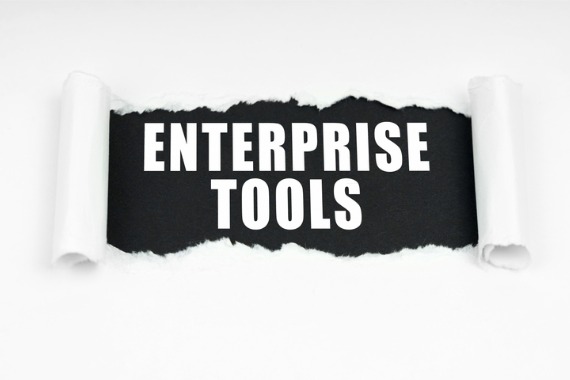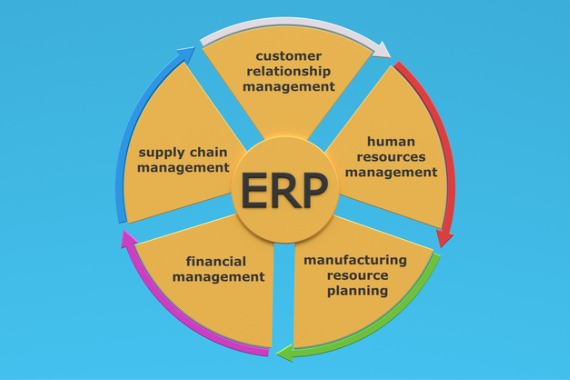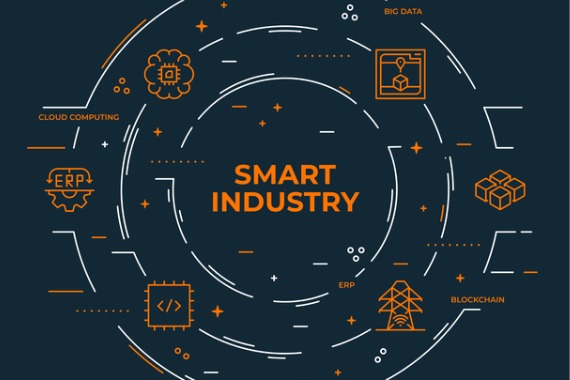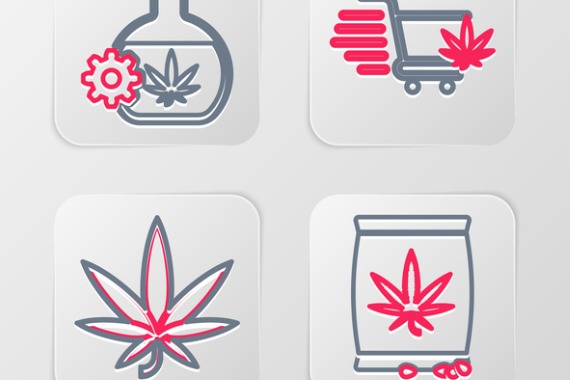Software Connectors and How They Make a Cannabis Operator’s Life Easier
Software applications in the cannabis industry are working, but not necessarily working together.
As a Gartner report subtitle explains, “Data and analytics leaders who share data externally generate three times more measurable economic benefit than those who do not.”
What does it mean? To break it down, it’s about reducing data silos and inaccurate data. That’s because data sharing increases interconnectivity, promotes interdependence, and offers a competitive advantage.
It’s a process that should be prioritized by modern businesses because, according to the same Gartner report, companies that promote data sharing will outperform their peers and be three times more valuable to the economy.
How do these data-sharing companies get their competitive edge?
Software connectors. By sharing data through software connectors, organizations gain insights that expedite the decision-making and problem-solving process. A better understanding of that data further aids in refining business operations for a more effective and efficient outcome.
The challenge, then, is not adopting a data-sharing strategy but finding one that:
- minimizes risk
- decreases conflicts of interest
- reduces compliance violations
This is where software connectors come in:
What are Software Connectors?
Software connectors allow separate departments and teams to share data for increased collaboration and performance. These connectors are coordinators, facilitators, communicators, or converters enabling interactions between different models where data is controlled and transferred.
When integrating new software into your business workflows, a software connector would facilitate the movement of data from your organization and into the new software and vice versa.
By sharing data, software connectors make integration easy and the new system ready to use. By combining data from different solutions, connectors form a single source of truth where data is stored and accessed. This way, the information used within the entire organization is uniform.
The Merits of Software Connectors for Cannabis Operators
The cannabis industry has strict compliance regulations, which require real-time or on-demand accessibility of accurate data to run their business. And depending on the complexity of the cannabis operation, the movement of data within the entire seed-to-sale supply chain can be challenging. Here’s why:
Software applications in the cannabis industry are working, but not necessarily working together. Additionally, one size fits all applications do not meet the unique needs of every cannabis business.
And when businesses use different applications to run various operations, building a communication network becomes challenging. This becomes more complex if the cannabis business has several operations in multiple states or locations (MSO).
Software connectors solve this problem for cannabis operators by connecting the business’s different software applications to run optimally. The best part about software connectors is choosing a type based on your specific need.
- Compliance connectors keep you updated on local or federal cannabis compliance regulations by connecting your state compliance software to your business applications. Therefore, if you have cannabis dispensaries in different states that share varying compliance regulations, you can keep up with each in real-time and remain compliant.
- Application connectors allow you to share data between business applications like CRM, Financial management, and POS systems. This is possible whether these applications use the same format or not. Therefore, processes like cannabis THC testing are simplified since the connectors provide real-time access to multiple cannabis data from different business applications.
Another critical factor to consider is that the cannabis industry is growing, and so are cannabis businesses. This means that more and more, every cannabis business will be privy to handling massive amounts of data.
If a cannabis business cannot keep track of this data, it becomes difficult to operate proactively. Instead, cannabis operators can find themselves reacting to circumstances as they occur.
This is bad for business.
Software connectors counter this by offering the cannabis business an opportunity for growth without losing track of incoming and current data. Software connectors mix and match old and new data, thus allowing the cannabis operators to access the subsets of data they need in real-time.
Software connectors help cannabis businesses utilize their applications. Moreover, the cannabis business can process reports that show real growth or pain points of the cannabis business. The key is to find software connectors that can handle the increasing volume of data your cannabis business transfers.
Data Sharing Is Data Caring
It is becoming more certain that your cannabis business requires data connection and sharing to facilitate successful operations and increase revenue generation. Operators can curb fear, security risk, regulatory prohibitions, and poor data management with the right data-sharing tools and strategy.
This is what software connectors were made for: they allow cannabis businesses to reframe their business approach toward a more data collaboration platform.
FAQs
What are software connectors?
These software solutions allow other software applications to collaborate and exchange data. An organization can use connectors to sync data from different systems or integrate different systems to enhance workflow.
Why are software connectors necessary?
By enabling data transfer and communication, software connectors give businesses leverage for automating processes and remaining proactive in decision-making processes. This allows companies to keep up with trends and competitors by facilitating seamless operations.
How do software connectors make the cannabis operator’s life easier?
Cannabis operators can save time and reduce errors by automating and updating data transfer processes using software connectors. These solutions also keep the cannabis operators compliant since the connectors ensure the cannabis business is updated on cannabis regulations in real-time.







